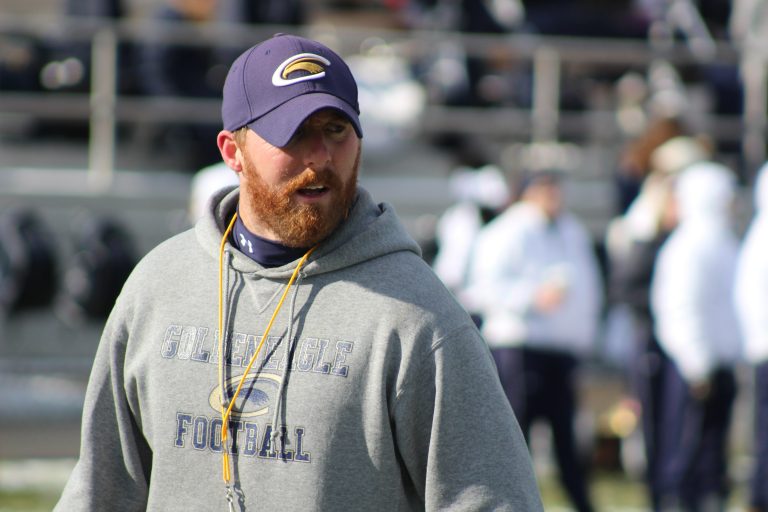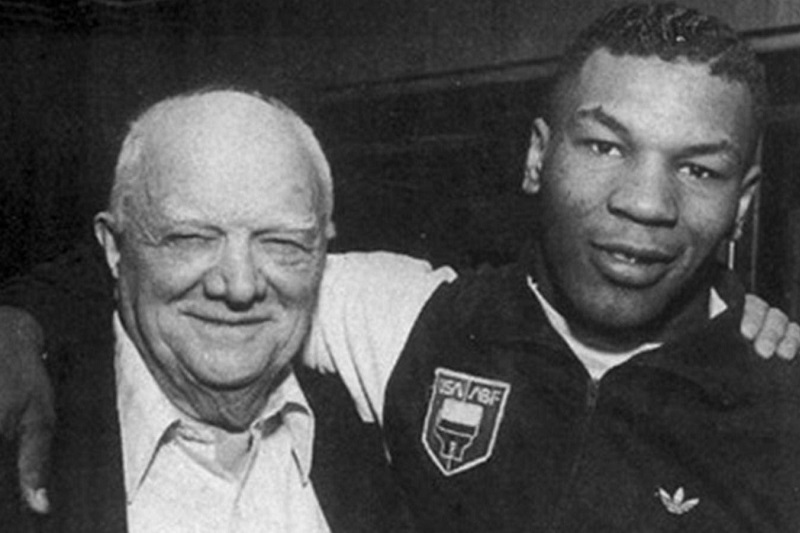Not Every Coach Wears a Whistle

When anyone thinks about the image of a coach, everyone sees the image of a menacing intimidating face with a whistle. Somewhere along the line, the word got tied up in this image and stays that way. You’re a coach for someone whether you know it or not, so be sure to understand what that means.
Think back to when you were playing a sport, or possibly even learning an instrument or a subject in class. One thing is ALWAYS consistent. It sucks. “Get on the goal line” were the words that would have our football team shaking in their cleats. What that meant was everyone on the team would line up on the goal line facing the 50 yard line of the field and do sprints. Or “jingles” as they were called for some sadistic reason I can’t begin to fathom.

"Discipline is doing what you hate, but do it like you love it"
If we’re to take them somewhere, what do they want and where do they want to go?
- What is your position?
- What did you do to get there?
- How do you feel?

We're all playing a game that has rules and strategies that if implemented properly can determine success.

How to Develop The "Off the Field" X's and O's
- Maybe you can sit with some of the best in the field and (First, lose your ego) ask them:
- What are the strategies you implement to be successful?
- *This is why reading and learning from the best is integral*
- What attributes do your best players possess that make them successful?
- Take these attributes and go back to develop your team in this new way
- What are the strategies you implement to be successful?
- Maybe you can sit with some of the best in the field and (First, lose your ego) ask them:



